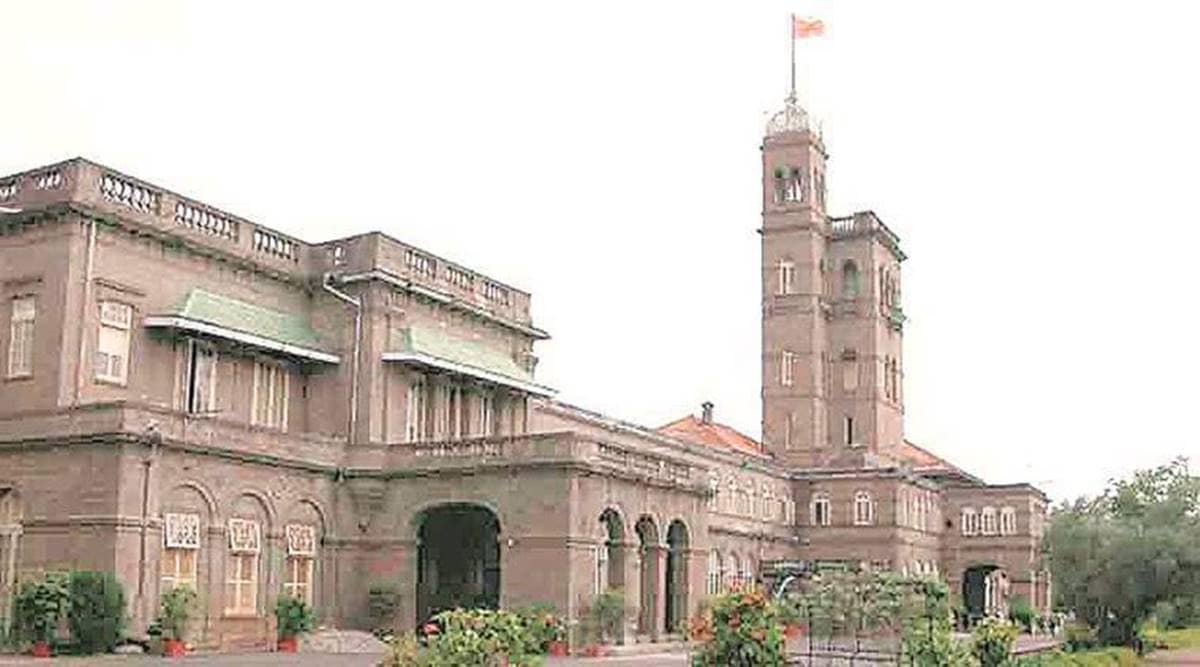
The Department of Pali and Buddhist Studies at Savitribai Phule Pune University (SPPU) has announced that its latest dictionary will contain 5,000 Pali words and it will be a volume of 50 fascicle. In addition to English, Tibetan and Sanskrit languages, the dictionary will soon have Chinese added, making it the only one-of-its-kind multilingual dictionary.
🗞️ Subscribe Now: Get Express Premium to access the best Election reporting and analysis 🗞️
The Dictionary of Buddhist Terms is the world’s sole book taking Pali as the headword and offering meanings and citations simultaneously in Sanskrit, Tibetan and English languages which has been presented in Roman script. It was released by Professor Nitin Karmalkar, Vice-Chancellor, SPPU and Raja Dixit, president, Marathi Vishwakosh.
Every fascicle contains 100 words and three published fascicle have so far covered 300 words starting with the first alphabet ‘A’.
At least 300 more words will soon get added in the upcoming fascicle from the same alphabet, the scholars involved in the project said.
The project, led by Professor Mahesh Deokar along with Dr Lata Deokar, Snehal Kondhalkar and Maheshwar Singh Negi, started two years ago and these linguists said the dictionary will be a compiled volume of 50 fascicle covering all the alphabets of Pali language.
Head of the Department of Pali and Buddhist Studies, Doekar said, “We will be soon adding the Chinese language in the project and are in search of a suitable scholar to collaborate. Besides, we are considering having this dictionary in Devanagiri and Tibetan scripts.”
The dictionary aims to be handy and will act as guide to Buddhist Studies scholars involved in comparative studies on different Buddhist traditions of which Pali, Buddhist-Sanskrit and Tibetan are the main languages.
On the occasion, Sanskrit scholar Professor Prasad Joshi, Pro-Vice Chancellor of Deccan College said this project is making an important contribution to the field of Lexicography. Joshi has himself been involved in creating a Sanskrit dictionary for several years now.
“World over, there are not many ongoing lexicography projects and dictionary compilation is a long drawn process. We need to train more lexicographers and stop this art from dying out,” said Joshi, who suggested the digital version of the dictionary be made available for wider reach to scholars across the globe.
Having worked extensively in Ladakh and interacted with Buddhist monks for Geological surveys and research, Karmalkar said this dictionary holds potential to bring out the literary works, now hidden in the many monasteries available in Tibetan language in Ladakh, to other scholars too.
No comments:
Post a Comment